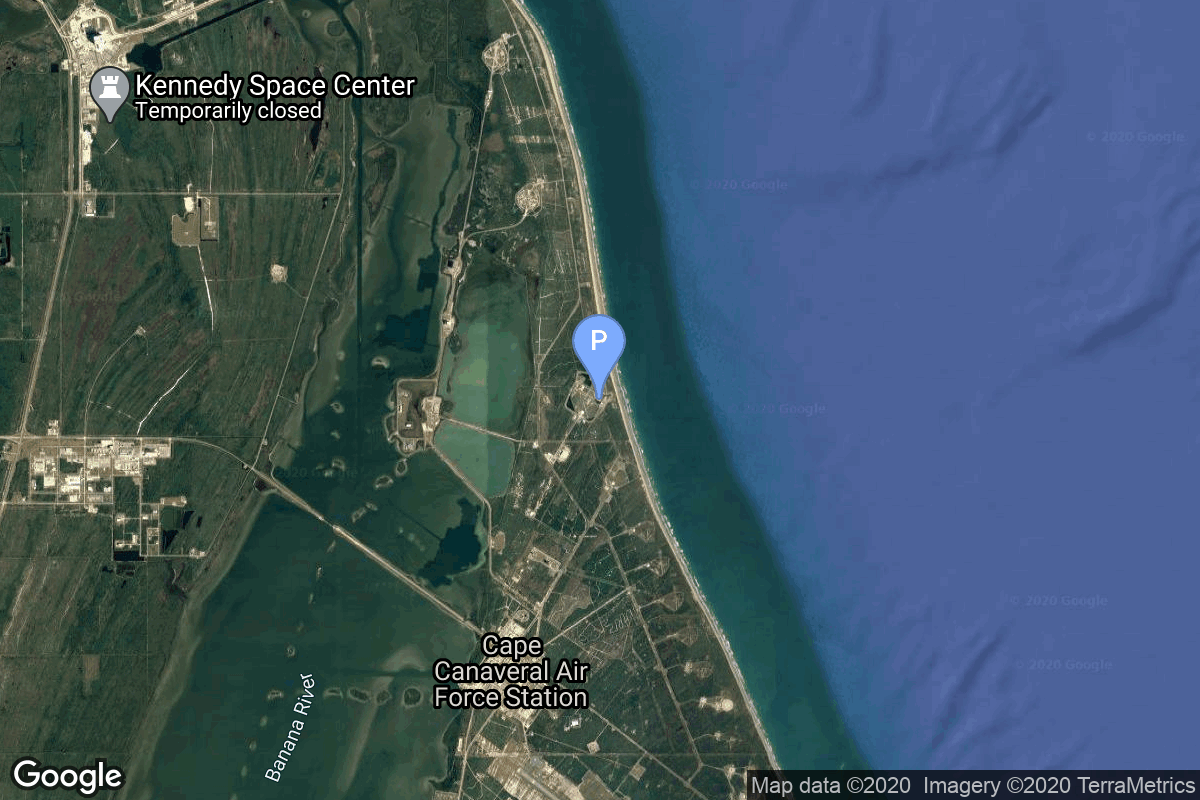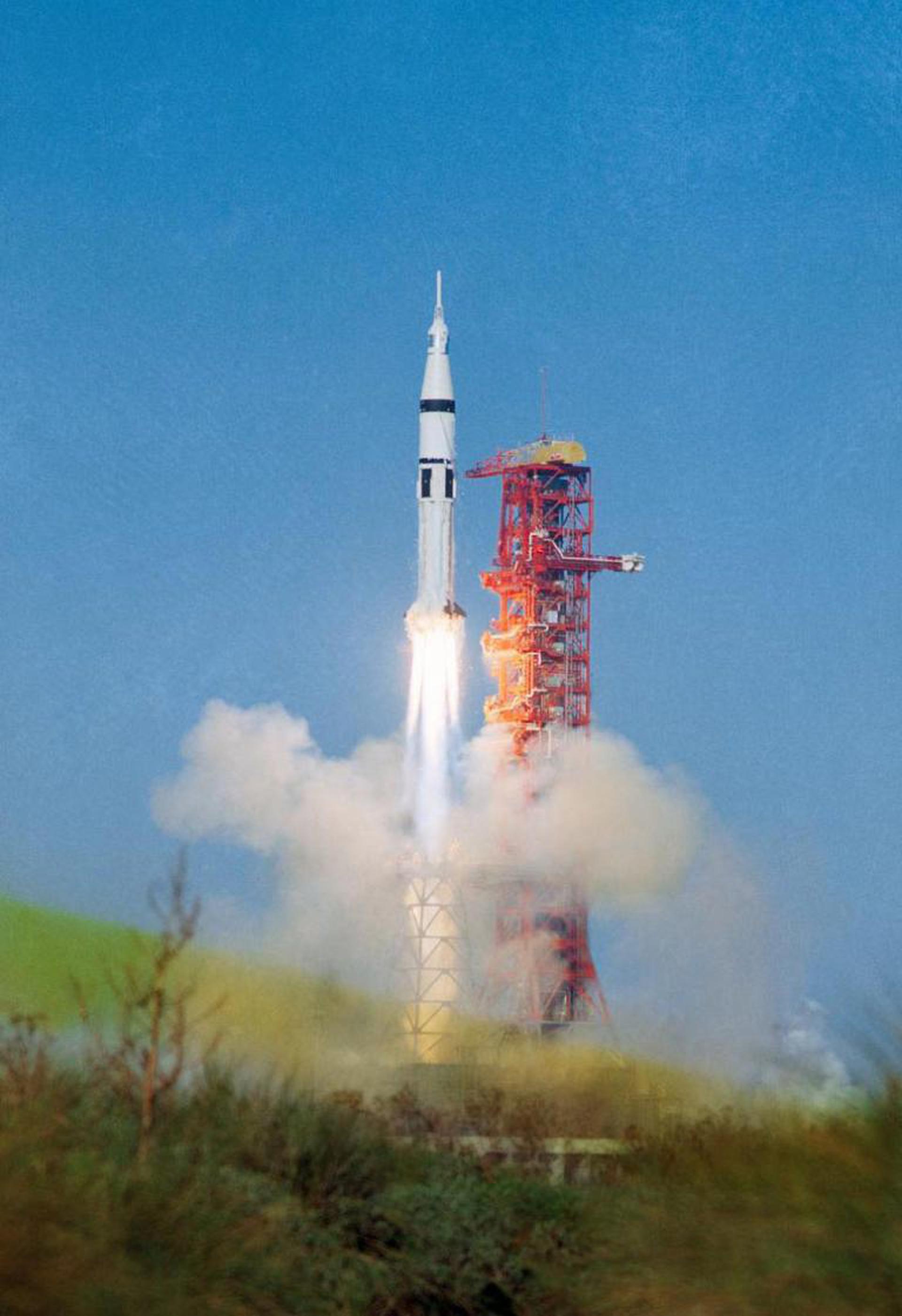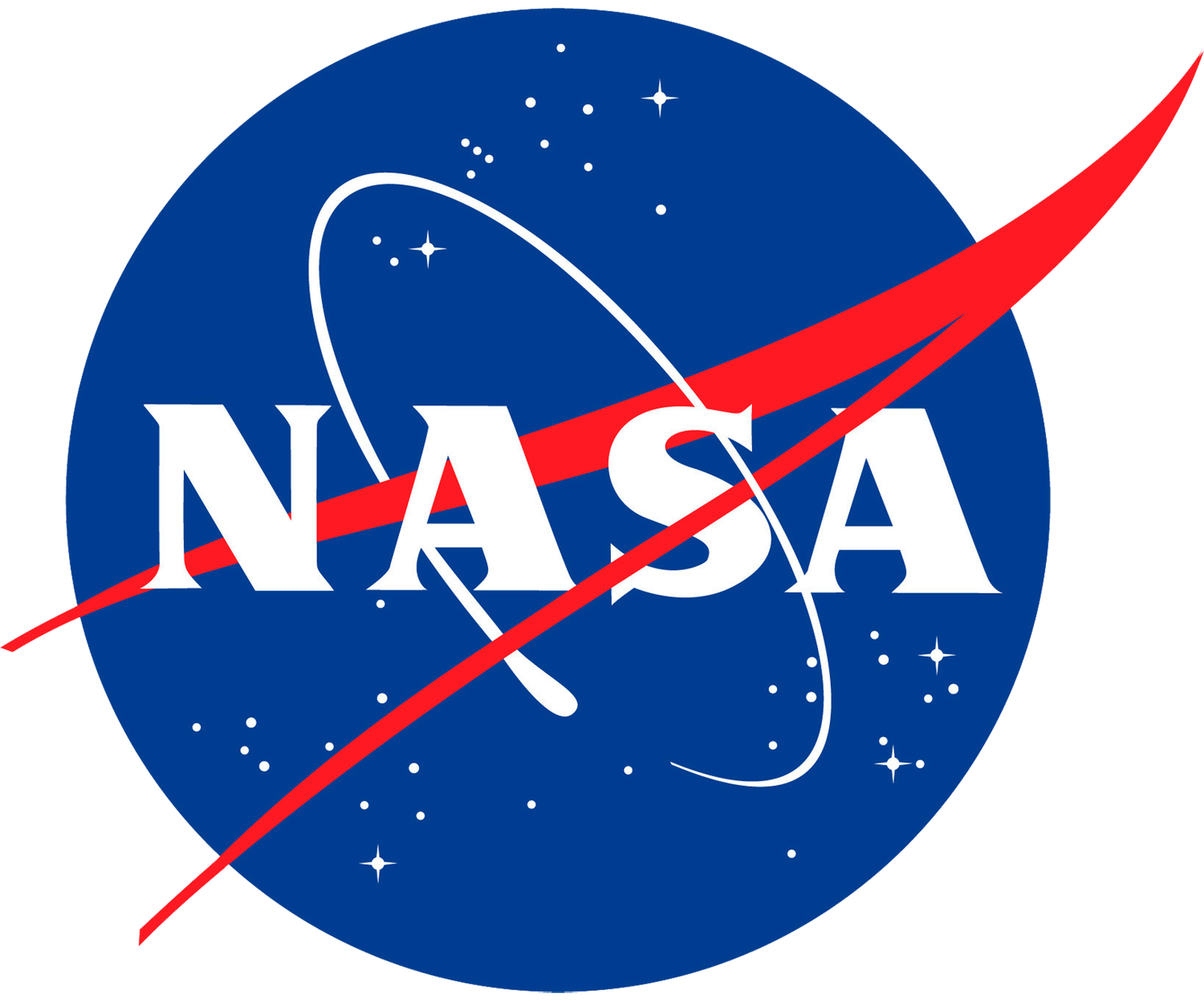Apollo AS-203
Saturn IB
National Aeronautics and Space Administration
Mission
Apollo AS-203
- Type: Test Flight
- Orbit: Low Earth Orbit
The purpose of Apollo 203 was to check out the behaviour of the fuel inside the Saturn-4B stage in weightlessness, which was crucial to allow the reignition of the stage.
Location
Rocket
National Aeronautics and Space Administration Saturn IB
The Saturn IB (pronounced “one B”, also known as the Uprated Saturn I) was an American launch vehicle commissioned by the National Aeronautics and Space Administration (NASA) for the Apollo program. It replaced the S-IV second stage of the Saturn I with the much more powerful S-IVB, able to launch a partially fueled Apollo Command/Service Module (CSM) or a fully fueled Lunar Module (LM) into low Earth orbit for early flight tests before the larger Saturn V needed for lunar flight was ready.
Agency
National Aeronautics and Space Administration
The National Aeronautics and Space Administration is an independent agency of the executive branch of the United States federal government responsible for the civilian space program, as well as aeronautics and aerospace research. NASA have many launch facilities but most are inactive. The most commonly used pad will be LC-39B at Kennedy Space Center in Florida.


